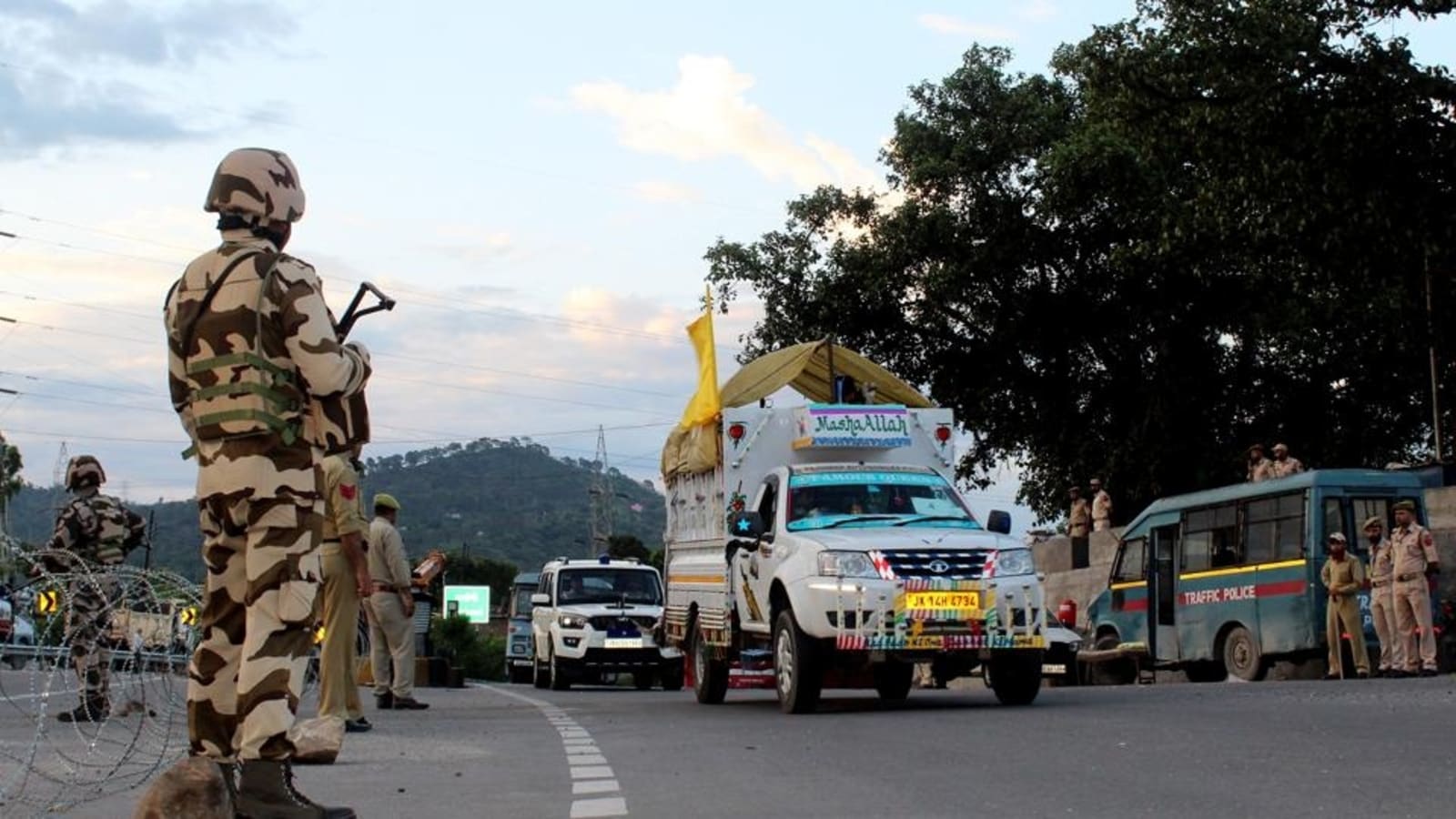The decision by the Jammu and Kashmir Lieutenant Governor’s administration to terminate the employment of government teacher Manzoor Ahmed Laway over his alleged involvement in the 2016 street protests has ignited a heated debate, with former Chief Minister Mehbooba Mufti criticizing the move.
Manzoor Ahmed Laway, hailing from D.H. Pora in Kulgam district, served as a teacher in the education department before being dismissed under the amended Article 311 for his purported “involvement in anti-national activities.”
According to a government spokesman, Laway’s activities had come under scrutiny by law enforcement and intelligence agencies, with accusations of participating in activities detrimental to the state’s interests, including alleged links to terror-related incidents.
The spokesman cited Laway’s alleged involvement in two FIRs in Kulgam, where he was accused of instigating a mob in July 2016 to vandalize government property, including setting fire to a police station. Additionally, Laway was accused of leading another mob in October 2016 that engaged in stone-pelting and indiscriminate firing on police and security forces.
The administration’s decision to terminate Laway’s employment under Article 311 has raised questions about the role of government employees in guiding students away from activities deemed harmful to the state’s security.
However, Mehbooba Mufti, president of the Peoples Democratic Party, condemned the dismissal, labeling it as another instance of targeting individuals as “anti-national.” She criticized the administration’s actions, alleging widespread irregularities in government recruitments since 2019, leading to job insecurity among Kashmiri youth.
The controversy surrounding Laway’s dismissal underscores the complex socio-political dynamics in Jammu and Kashmir, with divergent views on the administration’s approach to handling alleged instances of anti-national activities among government employees.






